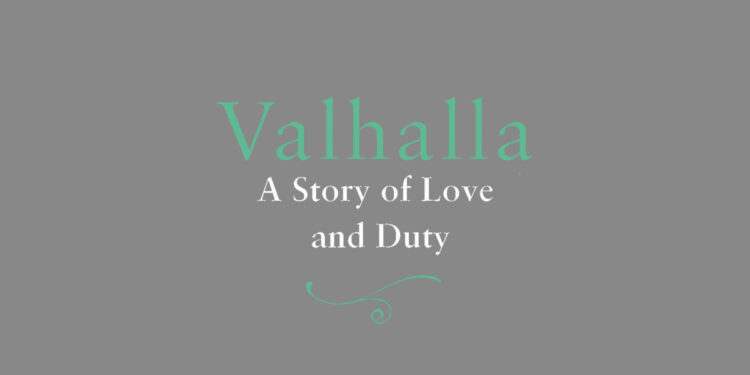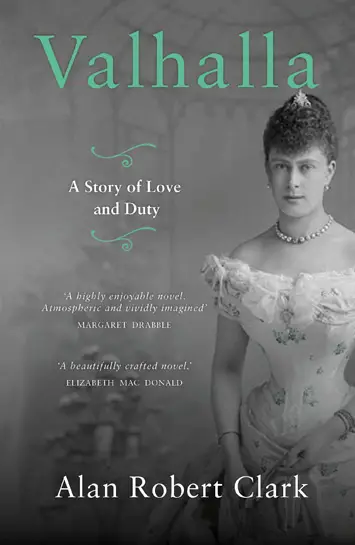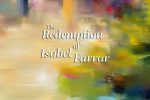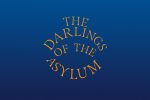Valhalla by Alan Robert Clark – Review

By Sandra Callard
Alan Robert Clark’s biography-cum-novel centres on Mary of Teck, who became the wife of King George V in 1910, until his death in 1936. Of German and English extraction, she was born and lived in England for most of her life. The book is based on available true facts, with the gaps in the author’s knowledge being fictionalised in a generally plausible and entertaining way.
Mary, affectionately known throughout her life as May, was chosen to be the bride of Eddy, the eldest and most disreputable son of Edward VII. Nevertheless she and Eddy developed a growing love for each other, but days before the wedding Eddy contracted influenza and died.
May was in deep mourning for months after, and when she was then told she had to marry the next surviving son, the rather cold and dogmatic Georgie, she was horrified. With pressure from her family and the aged Queen Victoria mounting, she eventually agreed, and after George’s father, King Edward VII, died she became Queen Mary, consort to George V, in a marriage that only her sense of duty and her own strong personality could enable her to survive.
 “Beautifully atmospheric”
“Beautifully atmospheric”
The early years of May’s life are beautifully written and textured by the author, as her financially broke and somewhat disreputable family had to leave England to live in Florence for some years. May learned to love Italy; the weather, the easy-going personalities of the people and her first taste of love and desire with an artist which helped her to overcome her longing to be back in England. These years are almost totally imagined by the author, and include some rather lurid sections on May’s burgeoning feelings of love and sex, which then crop up throughout the book.
Clark is a skilful and imaginative writer and his work includes some beautifully atmospheric scenes. The most compelling and remarkable of which are those concerning her love or abhorrence of her husband, her children, the men she becomes involved with and, hauntingly, of herself. These are technically brilliant as the author’s pen takes flight, but the scenes which are based on historical proof are more elementary, giving the lie to the old adage that truth is stranger than fiction.
Here, the mixing together of truth and fiction does not always work. It can if the reader is not aware of, or not interested in, the absolute truth – then, the book can stand quite successfully to them purely as fiction, but to the historian, even a very minor one, the two things do not gel together.
In a way I’m offended on behalf of the subject of the book, who cannot defend or decry it. It thus falls between two stools, as it were, and loses impact.
Regardless, Alan Robert Clark is a fine author and mixing truth and fiction can work if you still entertain your reader – and I am sure there are many out there who will enjoy Valhalla despite my own misgivings.
‘Valhalla’ by Alan Robert Clark is published by Fairlight Books, £14.99 hardback









